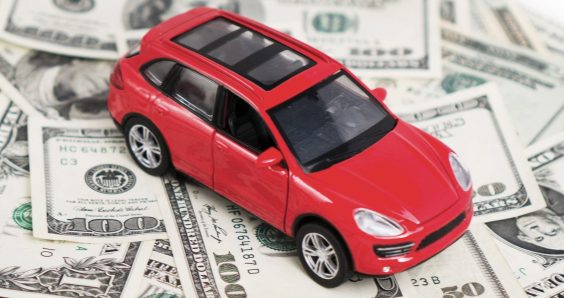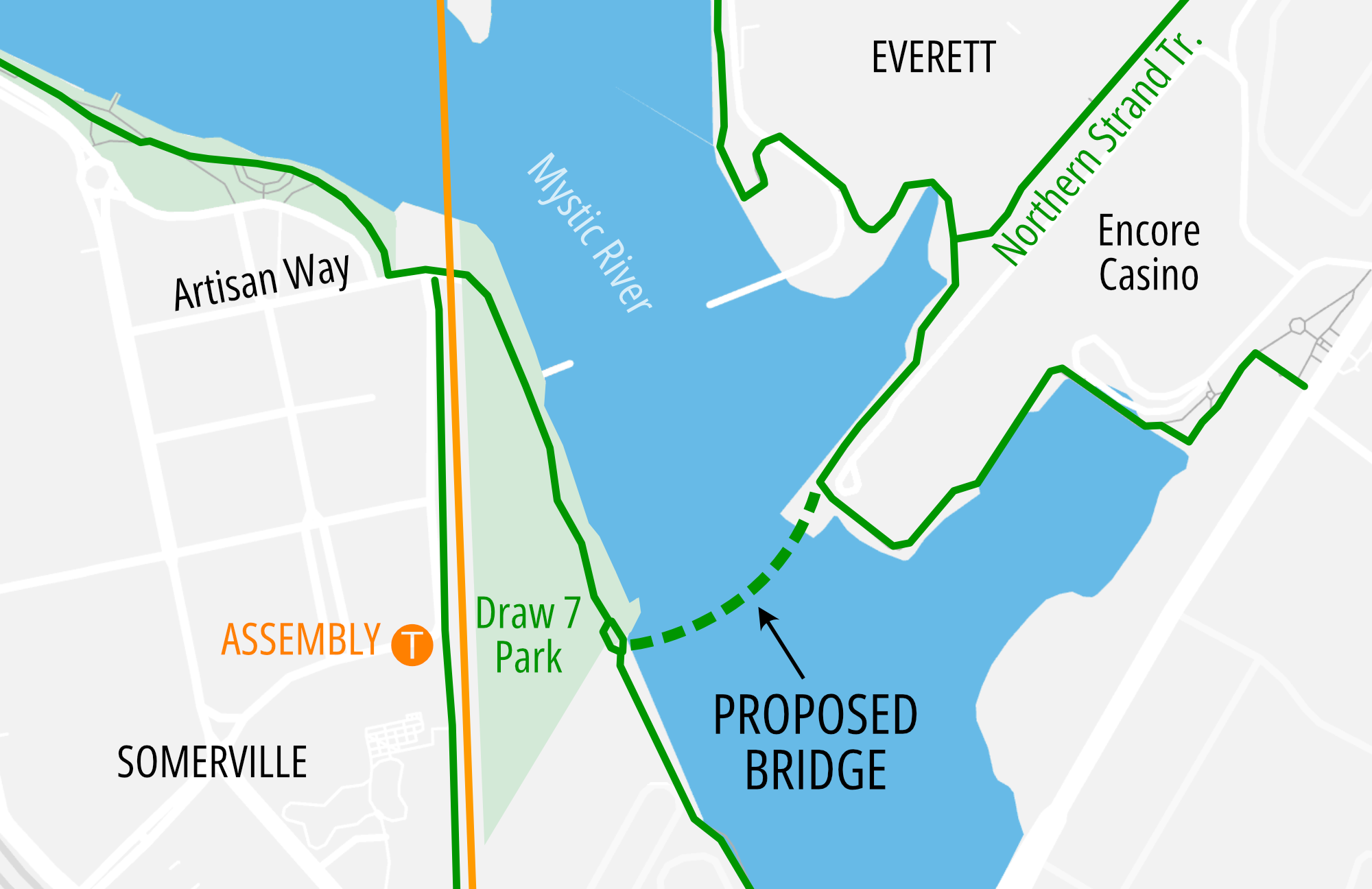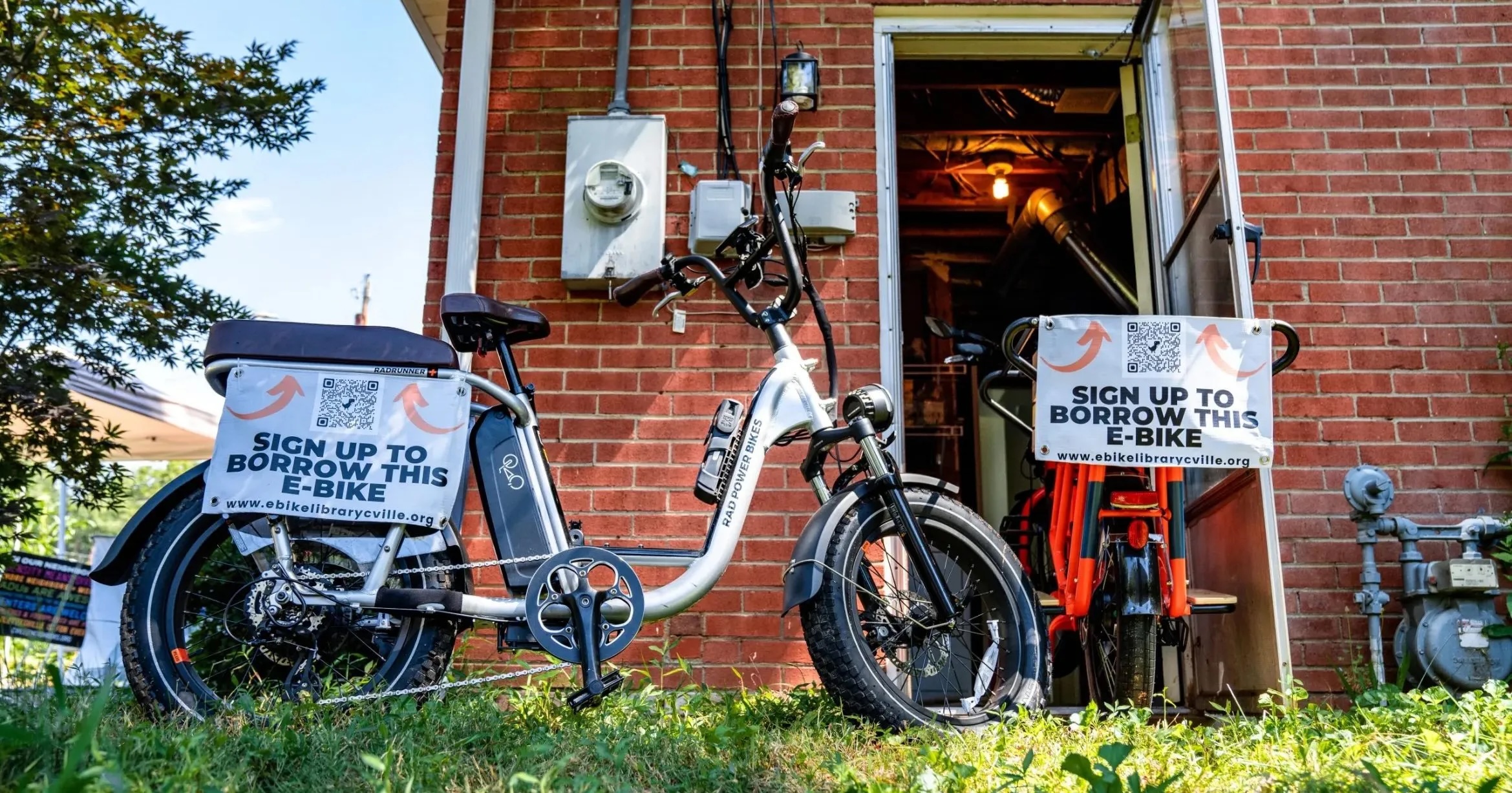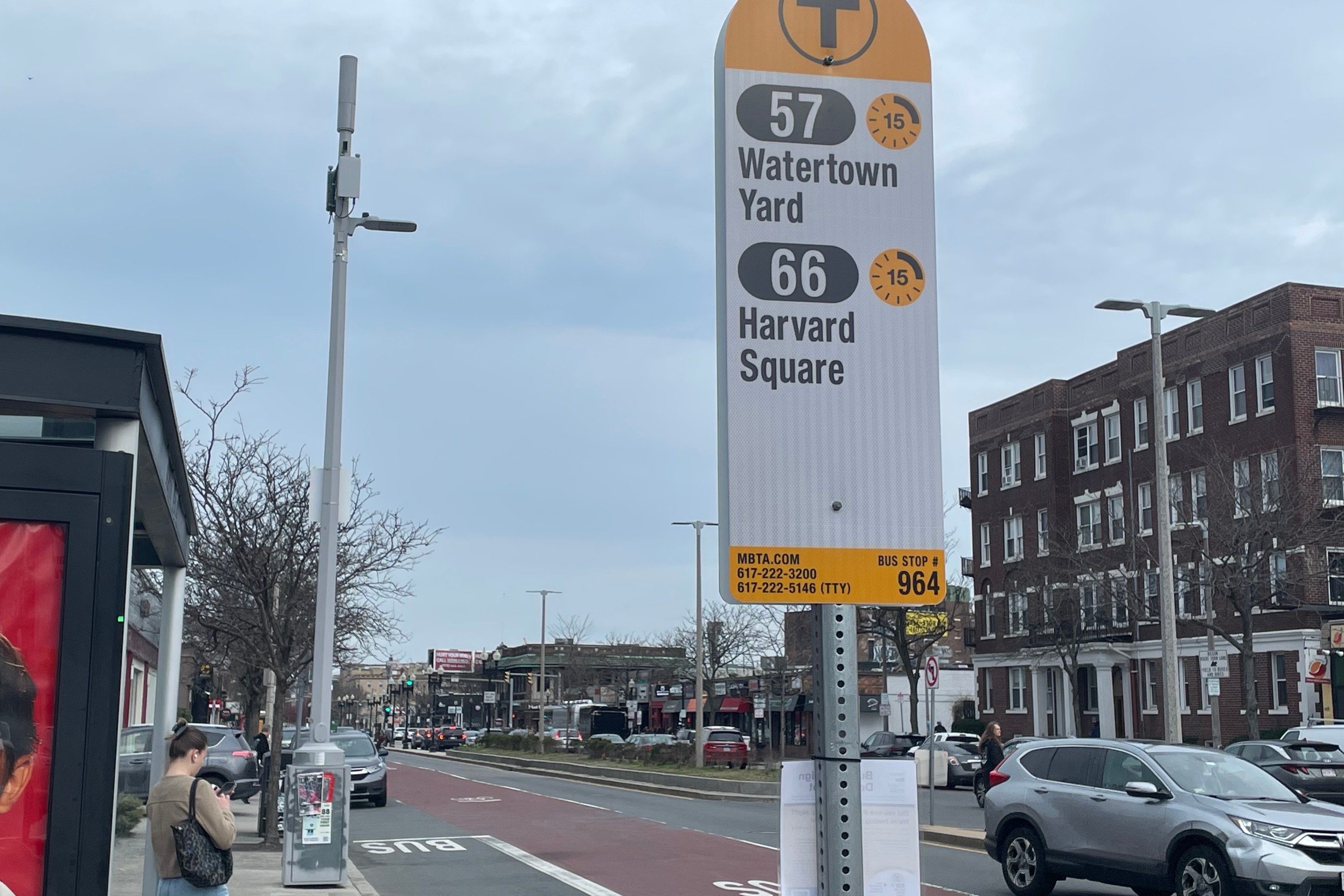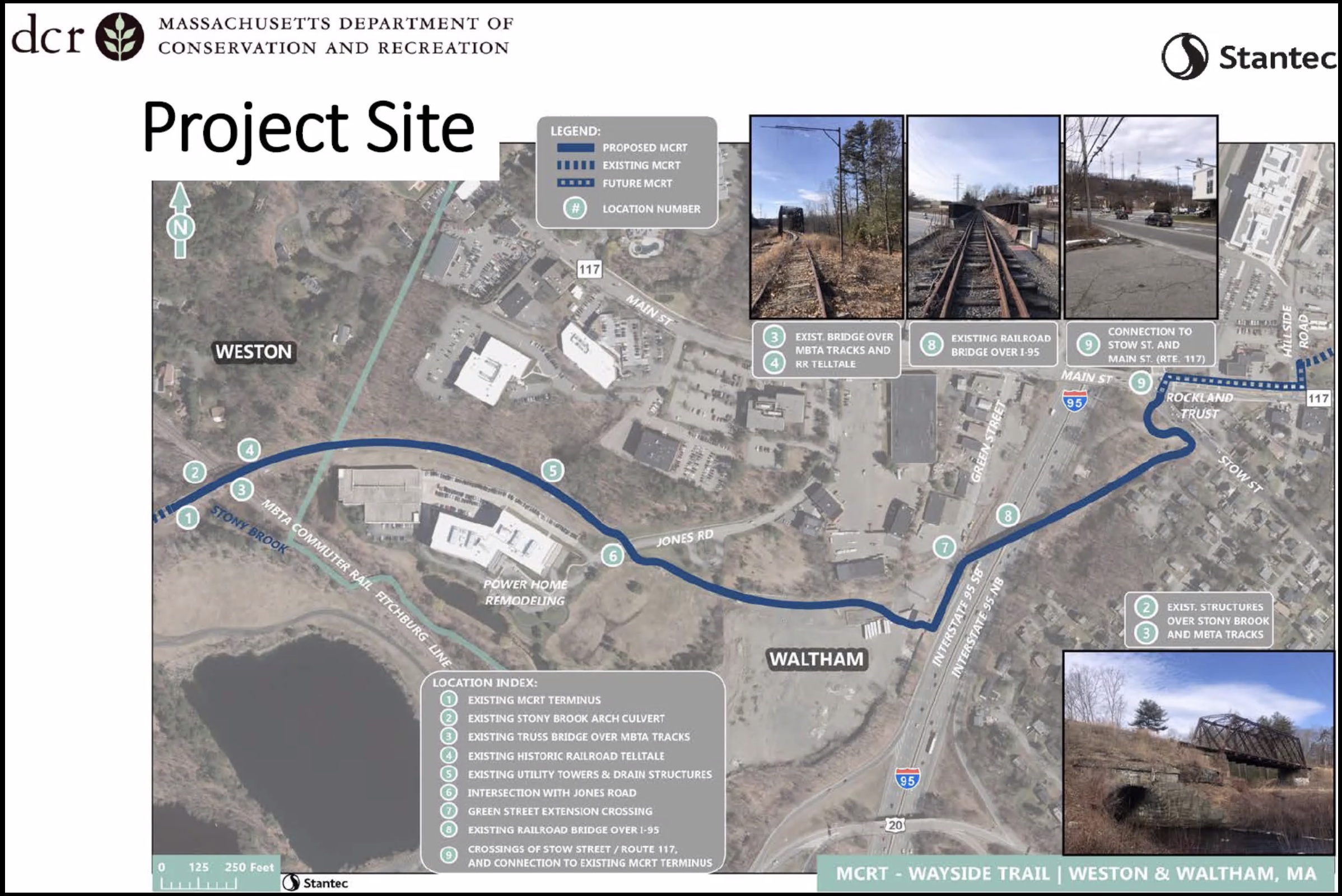Final Bond Bill Sets 20-Cent ‘Transit Access Fee’ For Uber/Lyft Rides
10:18 AM EST on January 6, 2021
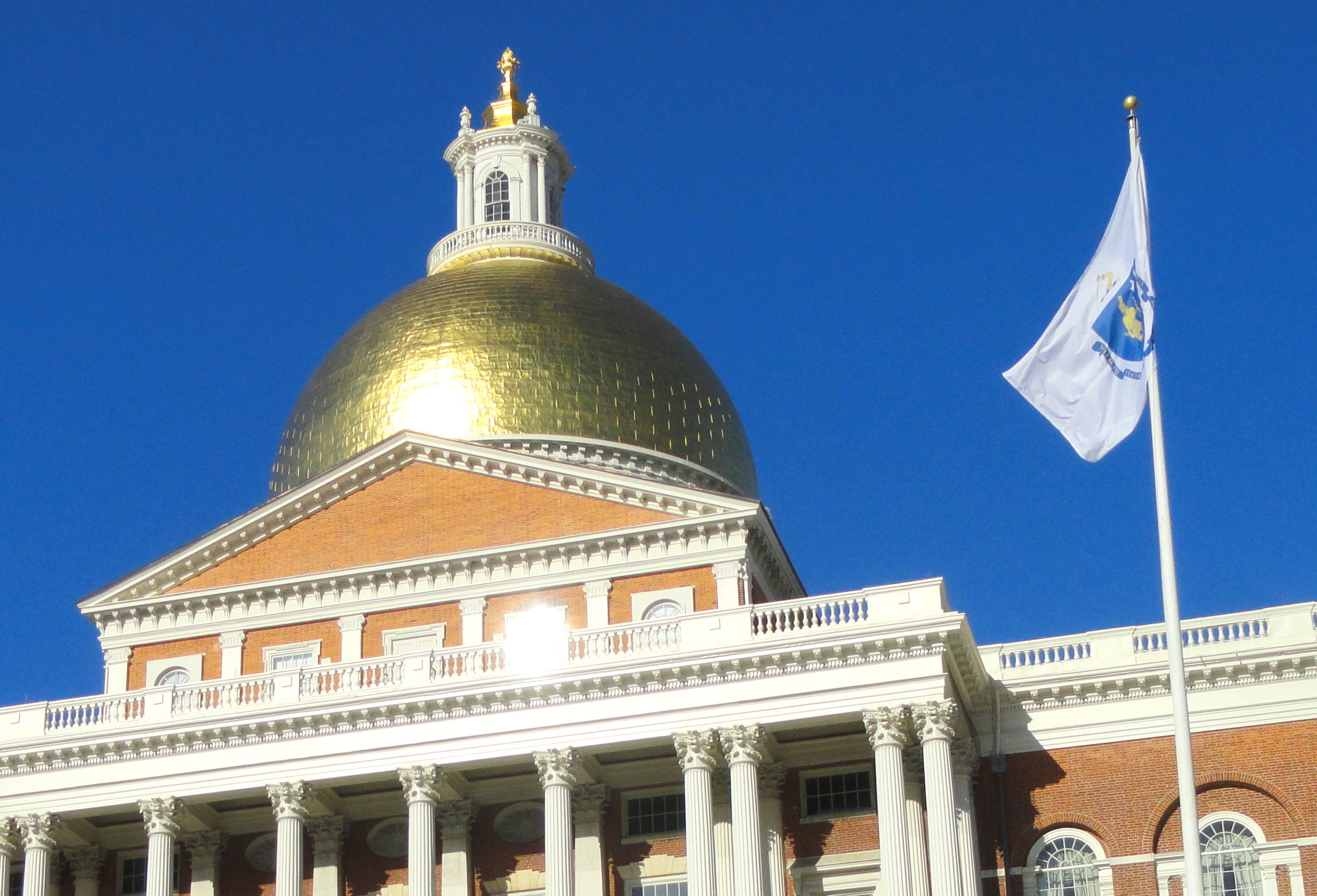
The Massachusetts State House in downtown Boston.
Lawmakers on Beacon Hill approved a final version of a $16.5 billion transportation bond bill in the early hours of Wednesday morning, just beating the deadline to send the legislation to Governor Baker before the 2020 legislative session ended.
Both the House and the Senate had already approved versions of the bill previously, but a conference committee spent months working out of the public's view to reconcile differences in the two bills and create the final draft, which was revealed only a few hours before last night's vote.
The final bill would authorize $16.5 billion in new debt to pay for major construction projects, but generally does not include new taxation policies that could generate new revenues that could pay for that debt, or support the state’s struggling transit agencies.
There is, however, one notable exception: the final version of the bill would raise fees on most Uber and Lyft rides, and establish a new 20-cent "public transit access fee" on rides that start and end within the 14 cities and towns of the MBTA's core service area.
In 2018, there were about 50 million Uber and Lyft rides that originated in Boston and Cambridge alone, which could have contributed around $10 million in new revenue for the T had this policy been in place then.
The bill also establishes higher base fees on every Uber and Lyft ride statewide. Current fees for Uber and Lyft are 20 cents per ride; the new legislation sets a new base fee of 40 cents for carpool rides and $1.20 for individual rides. The additional revenues from those statewide fees will be split between the municipalities where rides originate (25 percent), the state's Commonwealth Transportation Fund (50 percent), the MBTA (12.5 percent) and the state's regional transit authorities (12.5 percent).
Other notable items from the final legislation:
- Arrests for transit fare evasion will be prohibited, and fines will be reduced.
- A requirement that the T "implement a low-income fare program that provides free or discounted transit fares to qualifying riders on all modes of transportation operated by the authority."
- Authorization for $3 billion for MBTA construction projects, including $200 million earmarked specifically for the electrification of the North Shore commuter rail line between North Station and Beverly and $200 million to electrify the Fairmount Line in Boston.
- Stronger requirements for transit, bike, and pedestrian access in the Allston Multimodal Project:
- "During the construction of the project, 2 tracks on the Framingham/Worcester commuter rail line shall be maintained with no reduction in service;"
- "That within 1 year after construction commences, West Station shall be operational with local bus service and 20 minute peak headway commuter rail service;"
- "That a bicycle and pedestrian bridge shall be constructed connecting Agganis Way to the Paul Dudley White Multi-Use Path along the Charles River;"
- "That missing bicycle and pedestrian connections along the Grand Junction Path shall be designed and constructed, including, but not limited to, a multi-use path connection between the Grand Junction Multi-use Path and the Community Path, a multi-use path connection between the I-90 project area in Boston across the Charles River and connecting to a future Grand Junction multi-use path in proximity to Waverly Street in Cambridge."
There's one notable absence from the final bill. The conference committee appears to have eliminated the Senate bill's language that would have formally classified and legalized e-bikes and scooters – a technical update to state law for which advocates from MassBike had been lobbying.
Lawmakers had only a few hours to review the final version before last night's vote, but only one Senator (Sen. Ryan Fattman, R-Sutton) voted against the bill. The legislation still requires a signature from Gov. Baker before it can be enacted.
Read the full text of the final bill on the Massachusetts Legislature's website.
Stay in touch
Sign up for our free newsletter
